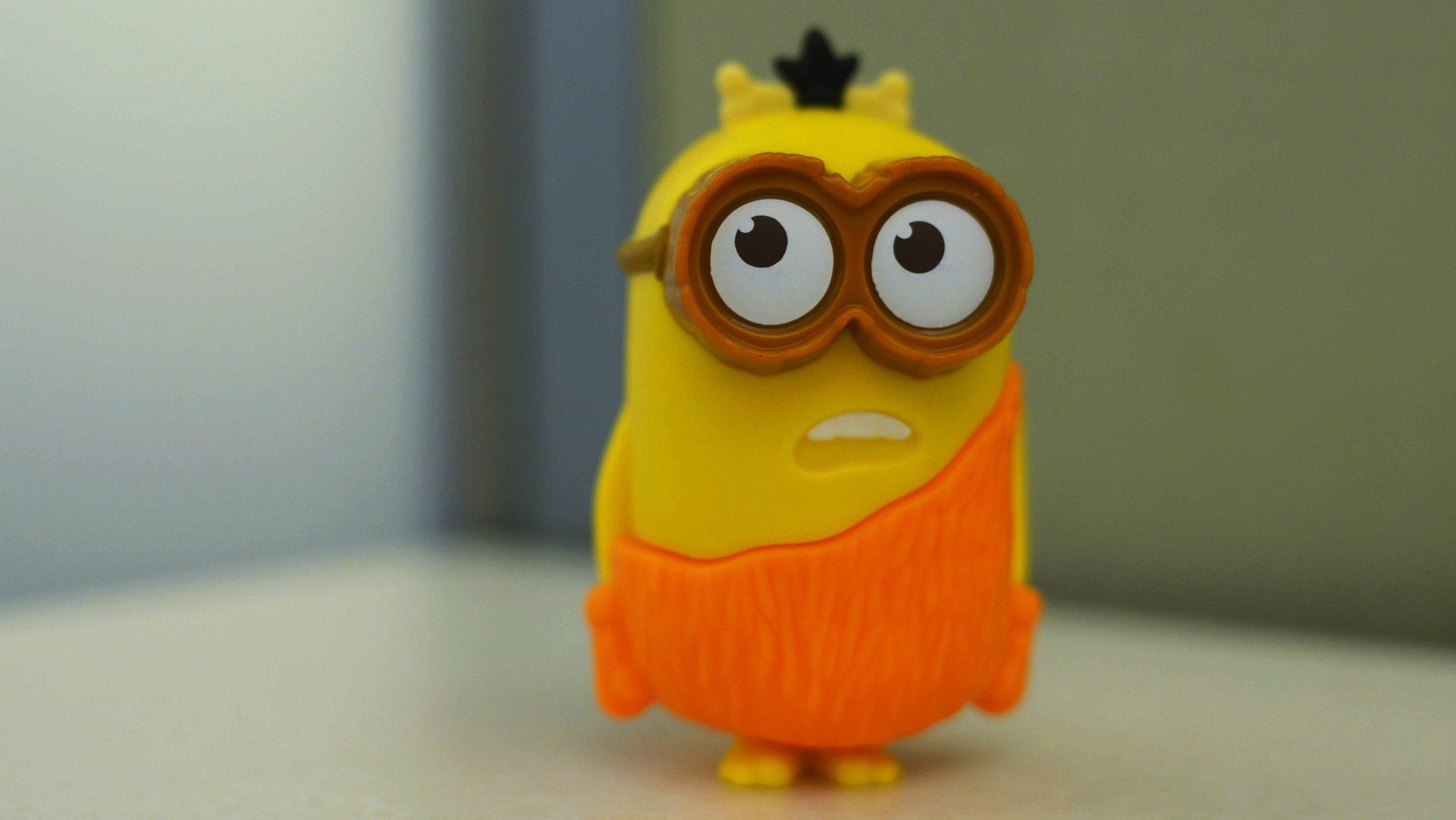2015 was the year of Minions and “isms,” says Merriam-Webster dictionary
In 2015, we had minions on the mind.


In 2015, we had minions on the mind.
So says Merriam-Webster. According to the English-language dictionary’s list of most-searched this year, the word for “a servile dependent, follower, or underling” was one of the most searched online, of the year. Minions made headlines in 2015 as one of the highest grossing movies worldwide, and as the subject of a viral YouTube video.
But what really wracked our brains was not one word at all, but a kind of word, illustrated by Merrian-Webster’s unusual choice for its annual “Word of the Year”: ism.
“Socialism,” “capitalism,” “fascism,” “terrorism,” and ”communism” were all among the most-popular searches this year, along with “racism” and “feminism.”
As editor-at-large Peter Sokolowski told Quartz, 2015 was a year of news stories that raised a whole host of abstract, difficult concepts we struggled to define—not just a single word around a single event, like “bailout.” He writes in an email, “This simply seems to be a year of heightened anxiety in many ways.”
In a prepared statement, Sokolowski noted that searches for “socialism,” while always popular, grew significantly this year because of presidential candidate Bernie Sanders’ socialist policies (and spiked following the first Democratic debate, in which Sanders gave an ode to Denmark)—while Donald Trump’s call to track Muslim-Americans and even to have Muslims banned from entering the country were linked to growth in searches for “fascism.” “Hypocrite” was highly ranked.
Deadly attacks in Paris, Beirut, and San Bernardino, and elsewhere spurred us to seek to answers for ”terrorism.” And in a momentous year for LGBT civil rights in the United States, “marriage” and “respect” also trended.
Here’s the dictionary’s full list, ranked by highest pageviews on the site. The third column offers insight into each word’s percentage growth since 2014. (The list excludes some perennially popular searches, like “pragmatic,” “empathy,” and “irony.”)
In 2015, other dictionaries have named words of the year to mark trends in culture: Dictionary.com selected “identity”; Oxford Dictionaries also opted for a non-word: 😂.